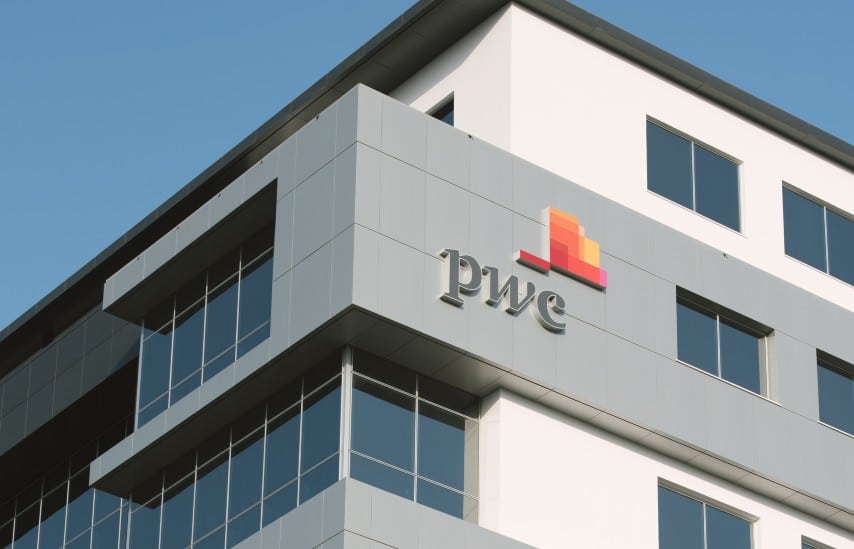In commemoration of International Women’s Day 2024, consulting and advisory firm PwC Cyprus shared two studies, the Women in Work Index and Inclusion Matters, shedding light on the persistently sluggish global progress in achieving gender parity in the workplace.
Cleo Papadopoulou, Chief Inclusion & Diversity Officer of PwC Cyprus said that “At PwC, we truly believe that inclusion matters in driving progress towards gender parity”.
“Our research shows workplace inclusion is an important lever in propelling women’s development and advancement and that a workplace where women feel that they belong, are included in decision-making, and are treated fairly and equitably is a workplace where women can thrive,” Papadopoulou added.
The 12th edition of the Women in Work Index (WiW Index) presents the latest data, revealing that if the current pace is maintained, it will take over fifty years to bridge the average gender pay gap across all 33 Organisation for Economic Co-operation and Development (OECD) countries.
The WiW Index gauges advancements toward gender equality in the workplace across the OECD, encompassing five key indicators* integral to PwC’s analysis. Among these indicators is the gender pay gap, which measures various aspects of gender equality in professional settings.
Despite incremental advancements over the past decade, this year’s analysis underscores the considerable distance yet to be covered to attain gender parity across all five indicators. From 2011 to 2022, the average Index score climbed from 56.3 to 68. Although the OECD’s average score experienced a modest two-point improvement from 66 in 2021 to 68 in 2022, this signifies that significant strides are still required.
The period between 2021 and 2022 witnessed noteworthy progress in the OECD, primarily driven by an uptick in the female labour force participation rate from 70.8 per cent to 72.1 per cent and a decline in the female unemployment rate from 6.4 per cent to 5.3 per cent. However, the average gender pay gap across the OECD widened from 13.2 per cent to 13.5 per cent during this timeframe.
This indicates that, despite increased participation, women continue to face a considerably disadvantaged position in terms of labour market returns compared to men. Since the inception of the Index in 2011, the gender pay gap has demonstrated sluggish improvement, narrowing by only three percentage points between 2011 and 2022 across the OECD.
The WiW Index international rankings
Luxembourg ranks first on the Index, followed by Iceland and Slovenia. The top five countries on the Index in 2021 continue to rank in the top five in 2022, but the ordering has changed.
Luxembourg’s strong performance was driven by an improvement on all indicators and especially by the fact that the country continues to have the lowest gender pay gap across the OECD.
At -0.2 per cent, Luxembourg’s gender pay gap is negative, meaning that on average, the median level of pay is higher for women than men. The Nordic countries, Finland, Norway, Denmark, Sweden and Iceland, all appear in the top 11.
Inclusion is key to achieving gender parity in the workplace
Turning to the sentiments of women in the workplace, PwC’s Inclusion Matters research confirms that disparity in pay is a pain point for women in the workplace: only 39 per cent of women feel they are being fairly rewarded financially for their work.
PwC drew insights from its Global Hopes and Fears Survey 2023, to compile the Inclusion Matters research, sharing fresh gender-focused perspectives from close to 54,000 workers globally, almost 23,000 of whom are women. The research includes a Workplace Inclusion Indicator Index that measures three key dimensions of inclusion: belonging, fairness, and inclusive decision-making – and finds a statistically significant gender gap in favour of men.
The research finds that there is a significant gap between the inclination of men and women to ask for promotions (-9 points) and pay raises (-8 points). However, women with Inclusion Index scores in the top quartile are 1.4 times more likely to ask for a raise, and 1.5 times more likely to ask for a promotion. They are also 2.2 times more likely to recommend their employer as a place to work.
Women’s turnover intentions increased (+8 points) this year with one in four women planning to change employers in the next 12 months, just slightly below the turnover intention rate for men at 27 per cent. Highlighting a further reason why inclusion matters, women with higher inclusion scores are 1.2 times less likely to change employers.
The report also finds that inclusion is positively correlated with self-driven development and women feeling higher levels of inclusion are 1.7 times more likely to be actively seeking out opportunities to learn and develop new skills.







Click here to change your cookie preferences